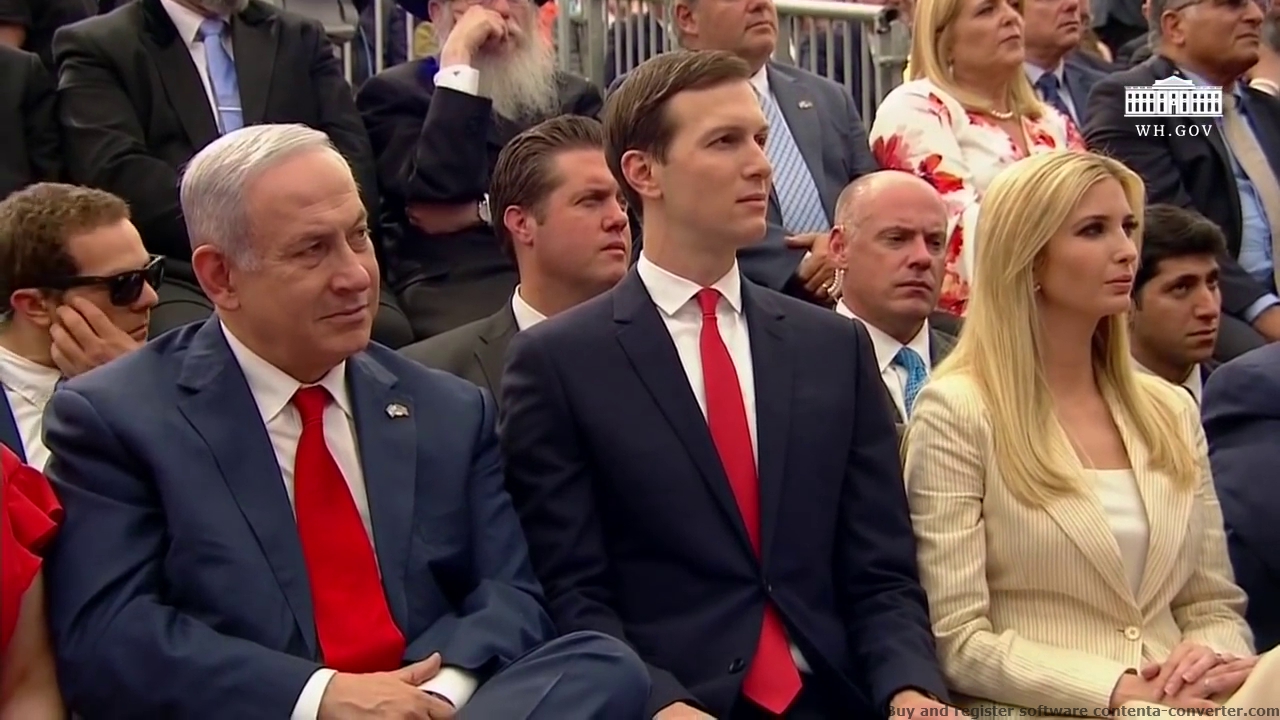
The recent relocation of the U.S. embassy in Israel from Tel Aviv to Jerusalem means heightened tensions for the Middle East. By following through on plans formed last year to move the embassy, President Trump has officially recognised Jerusalem as Israel’s capital. This comes as part of a recent American focus on the region, illustrated by Trump’s withdrawal from the Iran nuclear deal earlier this month. ‘Trumplomacy’ is causing seismic ruptures to the stability of the Middle East. The reasons why moving an embassy is so controversial, however, can seem confusing. In this article, I’ll explain the crucial context of this event and elaborate on what it means for the Levant.
Jerusalem has long been a site of division. From the time of the First Crusade back in the eleventh century, the city has been contested by warring religions that believe in its tremendous significance for their respective faiths. Christians, Jews and Muslims all consider Jerusalem to be a holy city and have all either conflicted or co-habited in it at various points throughout history.
The fighting which we see today, however, has its origins in the mid-twentieth century. After Jewish resettlement to the area following the Second World War, Israel formally declared itself to be a state in 1948. This was met with outrage by the local Arab population, the Palestinians, who firmly believed in their own rights to the land and in its religious significance for Islam. For each side, the importance of the area for their religion was integral to justifying their claims. The short but brutal 1948 Arab-Israeli War erupted as a result of this tension, acting as the first gunshot in an armed conflict which has raged intermittently ever since. At the centre of the struggle lies Jerusalem, which both the Palestinians and the Israelis have claimed as their capital city.
Currently, Israel is in control of both East and West Jerusalem. The international community at large, however, has not legitimised Israel’s occupation of Jerusalem. This is partly because Palestinians strongly wish for East Jerusalem to be accepted as the capital of Palestine. The prevailing consensus maintains that a successful peace agreement relies on a balanced acknowledgement of the territorial rights asserted by both sides. In moving the American embassy in Israel to Jerusalem, therefore, Trump has inflamed the dispute by fully supporting Israel’s claims to the entire city to the detriment of the Palestinian cause.
The impact of this diplomatic manoeuvre was immediate. At the same time the embassy was opened, over 50 Palestinians were killed and over 1000 wounded after the Israeli army fired on crowds of protesters. Human rights organisations condemned the violence as it unfolded, criticising the use of a disproportionate level of force by Israel that violated international humanitarian law. State leaders such as Theresa May joined the rebuttal of the Trump administration, pointing to the bloodshed as an exemplification of why the relocation of the embassy is the wrong decision. For now, the White House has flatly refused to acknowledge that a mistake may have been made. Given the track record of the Trump administration, that is unlikely to change.
This is bad news for the ‘peace process’ between Israelis and Palestinians, an ongoing initiative that is trying to find a way to resolve the conflict completely. Palestinian leaders are, in response to America’s move, refusing to enter into discussions with the Trump administration about peace terms. For them, the United States is no longer seen as a trustworthy mediator for negotiations. It’s a huge setback to efforts to reach an agreement because the US has had a key role in the process for the past 25 years. Without Palestinian involvement, there will be no agreement.
Perhaps even more concerning is the prospect of Palestinian uprisings in the near future as a result of Trump’s decision. A prolonged protest en masse by Palestinians against Israeli occupation and the American stance would pose a significant security threat, not least because it would likely result in harsh repressive action from Israel. Widespread frustration at the actions of a major Western power would doubtless draw the focus of ISIS, as it could give them a chance to exercise radicalisation in an atmosphere of anti-Western sentiment.
The relocation of the American embassy in Israel to Jerusalem is an extremely worrying development for the prospect of stability in the Middle East. It marks a departure from the international understanding of the best way to resolve the bitter fighting between Israelis and Palestinians, as well as a disregard for the complexity of Arab-Israeli relations. Despite widespread condemnation, it is highly unlikely that the Trump administration will change its approach to affairs in Jerusalem for the foreseeable future. One can only hope against the odds that more lives are not lost as a result.



Average Rating